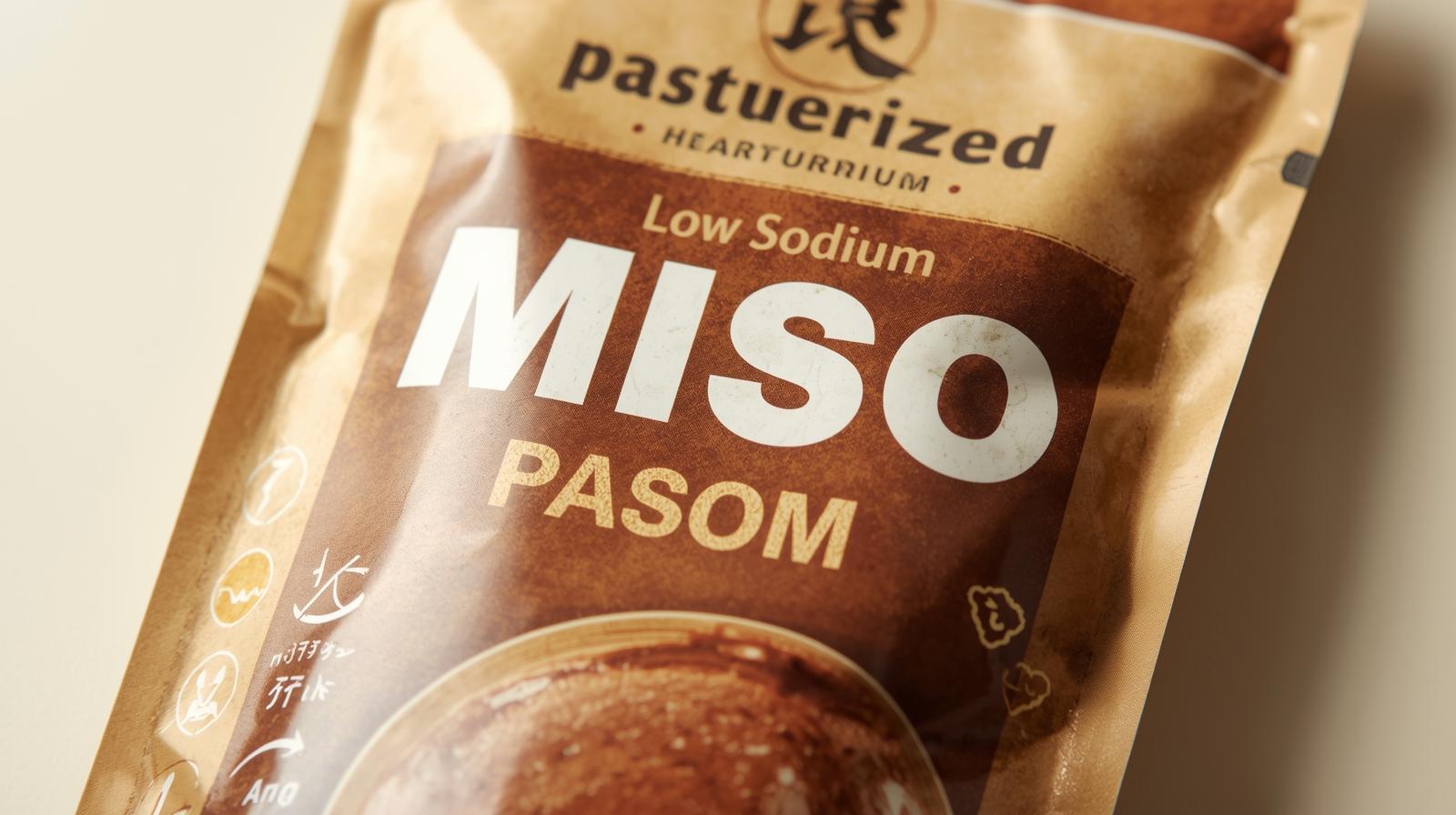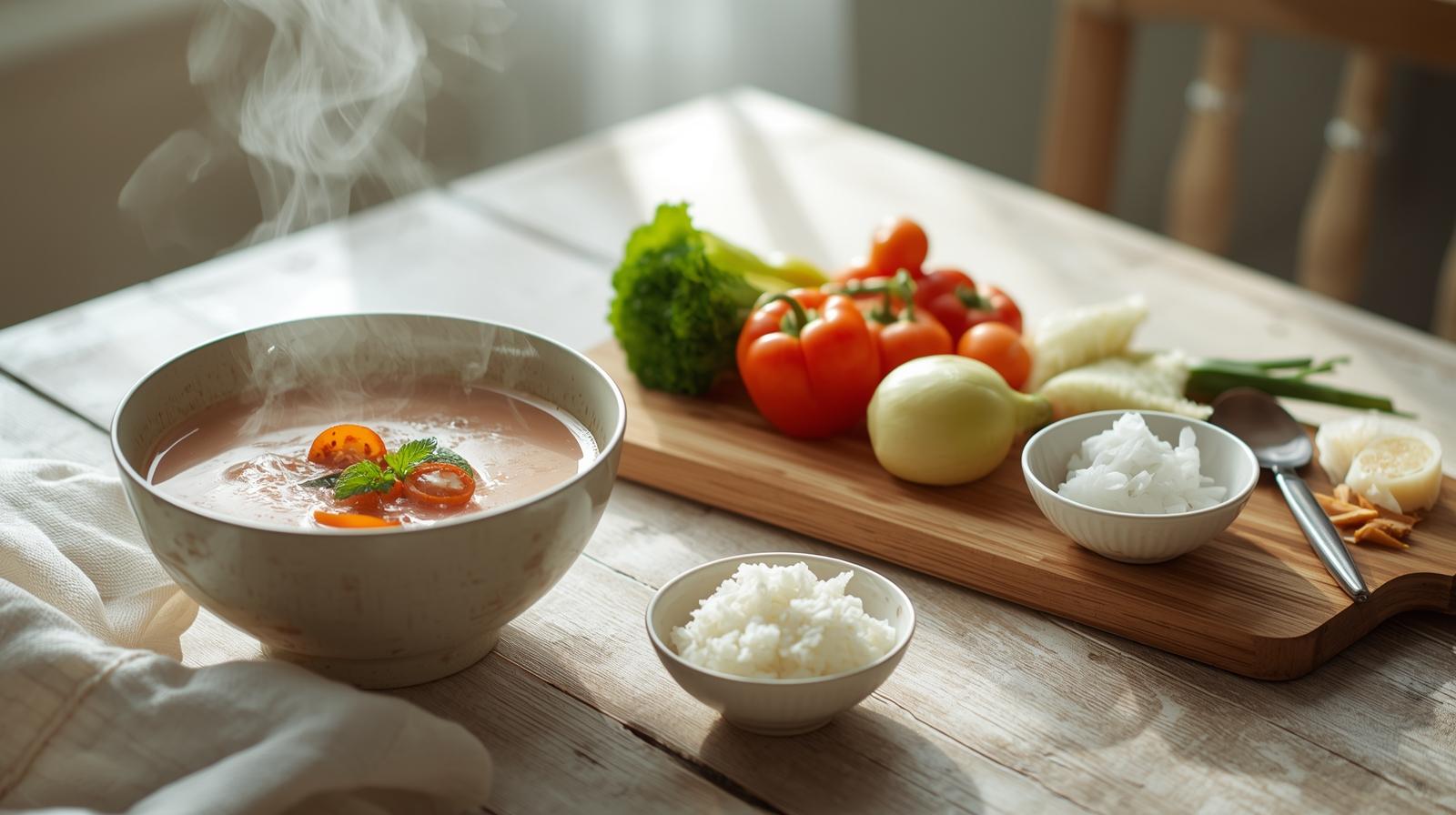
Miso Soup in Pregnancy — Safe, Comforting, and Nutrient-Rich
Miso soup is a gentle staple of Japanese cooking, valued for its savory warmth and gut-friendly soy base. For pregnant women, it’s a **comfort food that can stay safe** with a few science-backed habits: use pasteurized miso, heat it properly, watch sodium, and balance seaweed portions. [1] [5]
What Exactly Is Miso Soup?
Miso soup typically combines **dashi broth** (made from seaweed and bonito flakes) with **miso paste**—a fermented blend of soybeans, rice or barley, and salt. Add-ins like tofu, scallions, and wakame seaweed turn it into a balanced light meal. During pregnancy, its fermentation and low-fat profile make it easy to digest and mild on the stomach. [5]


